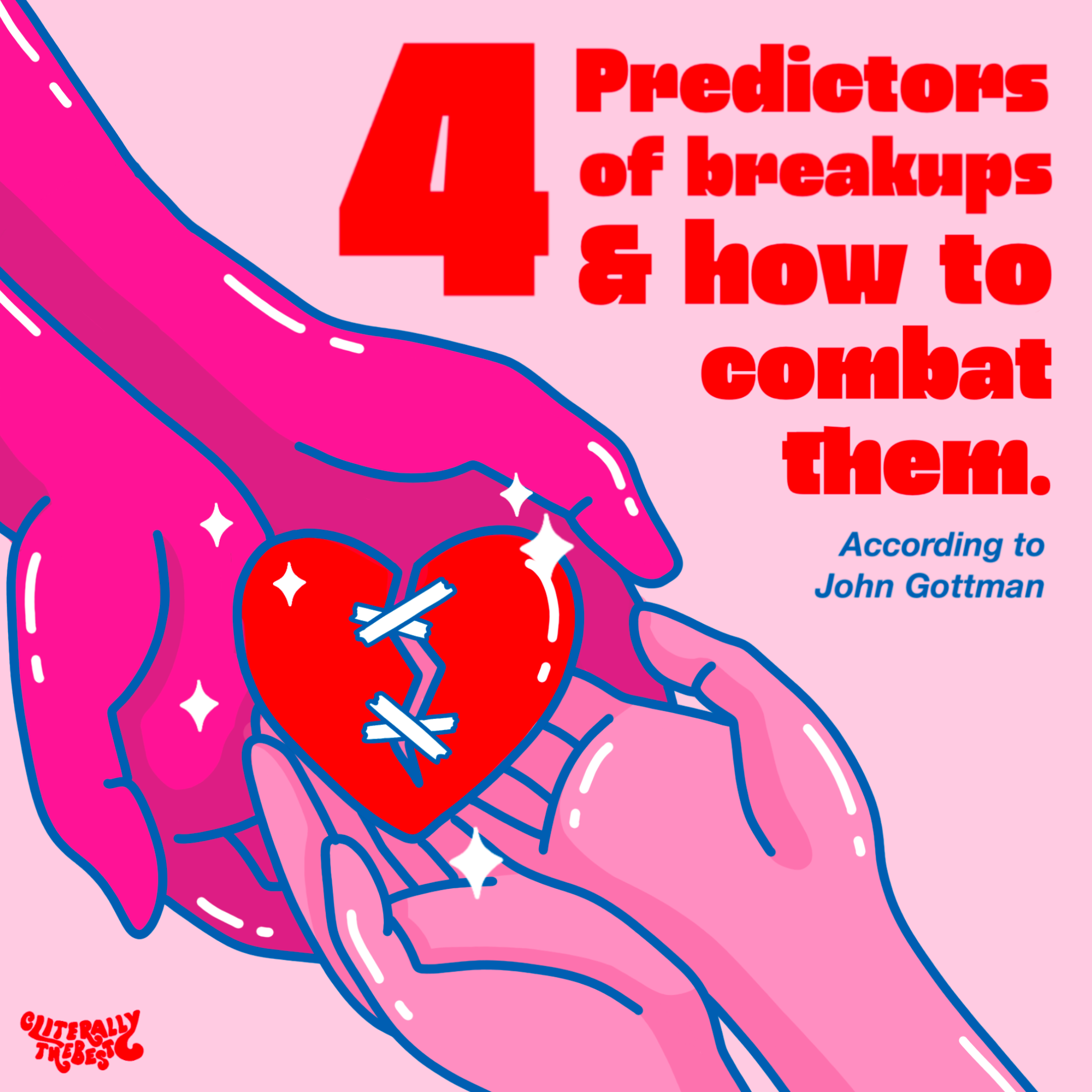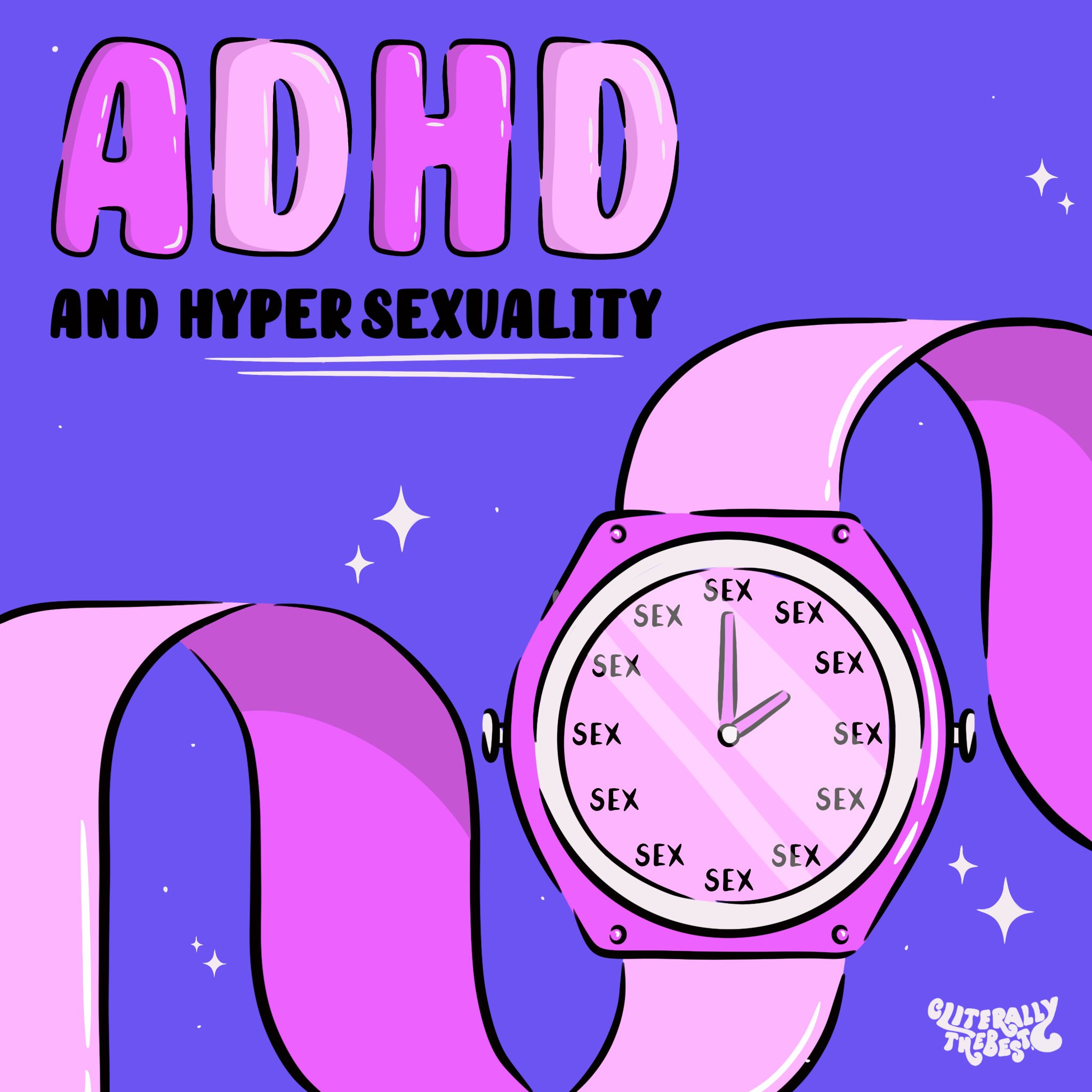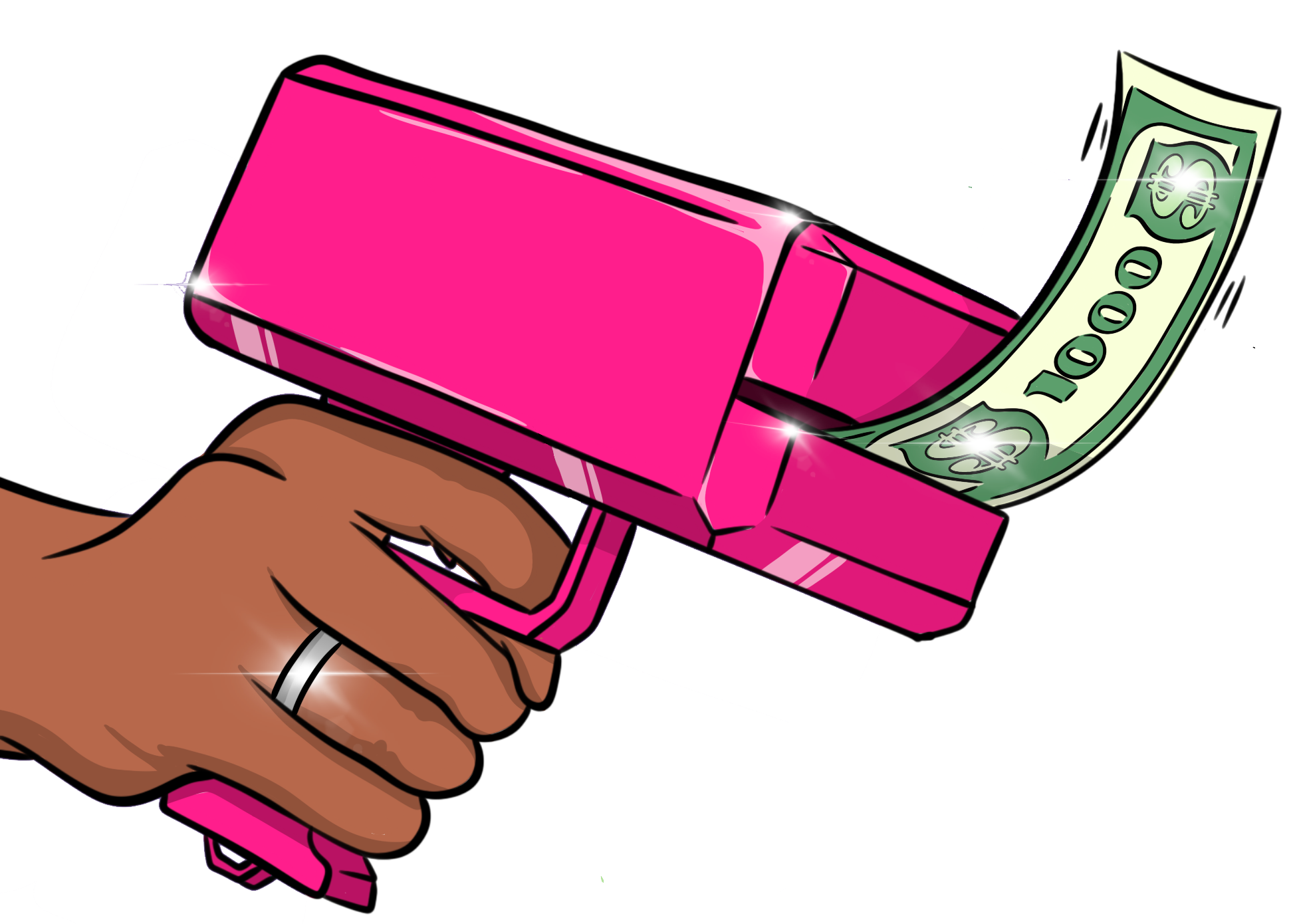It's Asexuality Awareness Week, so lets dive into what exactly it is and why it needs more awareness.
Asexuality is a sexual orientation that’s slowly getting the recognition it deserves as more people learn and identify as asexual, or “ace.” With this growing awareness, it’s natural to want to understand what it means to be asexual and what this looks like in terms of relationships and personal identity.
So, What Exactly is Asexuality?
In short, asexuality means not experiencing sexual attraction. People who are asexual aren’t driven by the usual sexual attraction that many others feel. It’s important to know that asexuality isn’t a choice, a phase, or a fear of sex. Instead, it’s simply a different way of experiencing the world.
However, there's a whole spectrum within asexuality. Some asexual people might feel entirely uninterested in sex, while others may enjoy solo pleasure but not with other people and others will be neutral about it or even open to sex for emotional connection or intimacy. This range shows that asexuality is not a one-size-fits-all experience, and people define their feelings and boundaries differently.
Asexuality Myths Busted
There are a lot of misunderstandings about asexuality, so let’s clear up a few of the big ones:
"Asexual people are scared of sex." Not true! Asexuality isn’t defined by fear or avoidance of sex. It’s about not feeling that natural pull or attraction to it, though some asexual people might have specific feelings about engaging in sex itself.
"Asexuality is just a phase." Nope! Just like any other orientation, asexuality can be a lifelong experience. It’s not something people simply “grow out of.”
"Asexual people don’t want relationships." Many asexual people have rich, fulfilling relationships! Some may feel romantic attraction and seek relationships, while others don’t. It’s all about the individual and what feels right for them.
"You've just not found the right person; you're not asexual". This suggests that sexual attraction is a requirement for validating one's identity, but much like being gay, queer, or straight, asexuality is not a choice—it's a valid orientation that deserves acceptance and recognition, as each person’s experience of attraction is unique.
How Asexuality and Romantic Orientation Can Overlap
Asexuality isn’t always tied to a person’s ability to feel romantic attraction. Asexual people can still be romantically drawn to others; they might identify as heteroromantic, homoromantic, or biromantic, for instance. Some asexual people, however, don’t feel romantic attraction either and may identify as aromantic.
Demisexuality is a sexual orientation that is also part of the asexuality spectrum. This is where individuals only experience sexual attraction after forming a strong emotional connection with someone. Unlike asexual individuals, who do not feel sexual attraction at all, demisexual people may not feel sexually attracted to someone upon first meeting but can develop attraction as trust and affection grow. This orientation highlights the diversity of human sexuality and emphasises the role of emotional intimacy in sexual attraction.
For those who want a romantic relationship, therapy can help clarify what kinds of connection or intimacy feel comfortable and meaningful for them, leading to fulfilling relationships built on understanding and respect.
Mental Health & Asexuality: Finding Support and Validation
Asexual individuals might face mental health challenges because of social stigma or feeling “different” in a predominantly sexual society. They might also face isolation, shame, or confusion. Therapy can help by providing a supportive space for asexual individuals to talk openly about their experiences, affirm their identities, and even work through feelings of isolation.
For some, asexuality is met with discrimination against asexuality, which might come from family, friends, or even the healthcare system. Talking with a therapist can help asexual people feel seen, supported, and validated.
Navigating Relationships as an Asexual Person
Yes, asexual people can absolutely have relationships! Whether those relationships are romantic or platonic, they’re just as meaningful and fulfilling. Asexual individuals often create relationships based on deep connection and mutual respect rather than physical attraction.
When an asexual person is in a relationship with someone who isn’t asexual, it might bring up some unique challenges around intimacy and expectations. Here, open communication is key. Discussing needs, boundaries, and expectations honestly helps both partners feel respected and connected, even if their attraction levels differ.
Therapists can work with couples to find creative ways to nurture closeness, trust, and intimacy without needing sex to be the central focus of the relationship. This way, both partners can enjoy a relationship that feels fulfilling and meaningful for both.
How Can You Be a Good Ally to Asexual People?
If you’re a friend, family member, or partner of someone who is asexual, you can support them in many ways:
Learn more: Read up on asexuality to understand it better, especially from reliable resources and voices in the asexual community.
Ask questions, but don’t assume: Respectfully asking about their preferences or boundaries can open the door to understanding, but avoid making assumptions.
Believe them and be inclusive: Support asexual inclusivity in conversations and social settings, helping to break down stereotypes and increase awareness. Don't assume.
Embracing Asexuality as a Valid, Beautiful Orientation
Asexuality is as legitimate as any other orientation and deserves respect and understanding. If you or someone close to you identifies as asexual, remember that there’s no “right” way to experience relationships. By respecting people’s boundaries and choices, we can create a more inclusive and understanding world for asexual individuals to be themselves fully and without judgment.
Curious to learn more or exploring your own identity? A psychosexual therapist can be a great support, helping individuals and couples create healthy, fulfilling relationships that align with who they are.








